Shigeo Murata of Deloitte Touche Tohmatsu’s Yokohama office has been working as a startup supporter since 2017, and is currently involved in the managing of YOXO BOX, Yokohama city’s very own startup growth center. He spoke to us on his experiences working with startups over the last 4 years, how the landscape has changed for Japanese startups, and what he has planned for the future.
This article was originally uploaded in Japanese on July 1, 2020.
Attracted by Yokohama’s brand and the worldview of its startups
First, can you tell us about your work experience?
After graduating university in March of 2005, I worked for a financial institution for around 10 years. Then in October, 2014 I began working for Deloitte Touche Tohmatsu. Initially I was in charge of business revitalization work for financial institutions in Kanagawa prefecture. It was around January 2017 that I started really working as a startup supporter.
Deloitte was entrusted with running the Yokohama Venture Pitch program around I time I started working there, so I knew the company was supporting startups to some extent already. I suppose I thought that this was an opportunity to get behind the scenes with that support, and that working with startups—companies trying to change the way the world works—seemed very interesting. So I dove right in.

I grew up in Odawara, and I’ve held an admiration for Yokohama city ever since I was young, thinking of both Yokohama and Tokyo as similarly large metropolises, and I know I’m not alone in making that comparison. But after working consulting in both Tokyo and Kanagawa prefecture, I’ve realized there’s an overwhelming difference between Yokohama and Tokyo; it isn’t even close.
Because Yokohama is close to Tokyo, people and things and money all end up gravitating towards Tokyo, and people end up thinking “If I need to I can just hop over [to Tokyo].” And it’s true that Tokyo’s more convenient in some ways. It has just about everything you’d need… but even so I still prefer Yokohama, and I think that’s indicative of just how powerful Yokohama’s brand is. It’s like if someone were to ask, “Why do you like Louis Vuitton?” Yokohama has an appeal that can’t be explained by logic alone.
You’ve said that you were previously interested in supporting startups. Has your perception changed since you actually entered that line of work?
Well first of all, SMEs and especially startups are companies that take on risks and challenges in order to open new and unique fields. And of course they’re coming up with products and services that don’t exist yet, so they often don’t have much in the way of precedents to work off and don’t know for sure whether consumers will even want their innovations. You can’t proceed far along a road that uncertain without a lot of willpower. When I work as a startup supporter I also try to remain very aware of the struggles involved.
When I first began working in as a startup supporter I didn’t even have a very deep understanding of what a “startup” even was. I sort of assumed it was just a recently started business. I’d worked as a consultant for SMEs previously, so in hindsight I guess for some of the companies I worked with I was already a startup supporter. But at the time I wasn’t really aware of the differences between SMEs and startups, and I treated them the same way. Even in certain areas of Yokohama I think that the term “startup” hadn’t really penetrated yet. And while many Yokohama companies had excellent technological capabilities and were poised to enter the world stage, they tended to outsource and go for small challenges rather than taking large risks and opening up new fields themselves.
But working with Tokyo’s startups, large corporations, and VC, I realized that the people involved all had the outlook that large startups do. Startups are all different, and when the goals, the path to growth, the ways of thinking, the challenges, and so many other aspects can vary so much, there’s no one-size-fits-all solution for them. You should customize the way you support them and the content you provide based on those differences.
How an accelerator program can change a startup’s perceptions
When do you think Yokohama’s startup ecosystem really took off?
I think the turning point was in 2017, when Kanagawa prefecture held the Kanagawa Startup Acceleration Program (KSAP). Kawasaki and Yokohama have held their own startup support programs since then, but it seemed to me that KSAP was a crucial event that instantly widened many peoples’ perceptions.

KSAP is a 5-month program that helps promising startups located in Kanagawa prefecture expand their businesses. Originally, the plan was to hold free consultation meetings across Kanagawa, but when we proposed an intensive acceleration program to support startups over a more extended period of time, there was a lot of support for that idea.
At first there were relatively few applications from Yokohama. The first cohort was made up of five companies: two from Yokohama, two from Fujisawa, and one from Yamato. But from the second year onward, the majority of companies have been from Yokohama. Unlike in Tokyo, the efforts of the local government have greatly influenced the activities of the companies in the region. The Yokohama Venture Pitch program led to an acceleration program, which has led to something of a renaissance for startup supporters. We also had over 100 applications to join our Demo Day, which makes me feel that the public perception of startups has changed too.
Walk us through the foundation of YOXO BOX.
Well, around 2018, the number of “startup supporter businesses” had increased, and Yokohama City had made a full-scale entry into startup support, which I believe led to the creation of YOXO.
I have always been aware that startups need the right environment to grow. I don’t mean anything formal like an “ecosystem,” just a place where people and information gather, which can spur a startup’s activities. I’ve always wanted to create that kind of a place, so I suppose that led to me championing the idea to the local government and people around me.
The number one thing a startup needs to succeed is information, and so the most critical difference between Tokyo and Yokohama is the overwhelming information gap. If we can centralize that necessary information in YOXO BOX, I think it can become the core of Yokohama’s startup ecosystem.
Due to the coronavirus pandemic, seminars and study sessions have mainly been held online, but there are limits as to what we can do in a virtual setting. Beyond the information they could get by searching online, Startups really need to establish close personal relations and a physical place where they can exchange information. I think YOXO BOX can offer that kind of community.
Creating an open community filled with diverse backgrounds
What are you focusing on to create an information-based community?
As a startup supporter, I’m very conscious of needing to create an environment where people can always obtain very up-to-date information. Often what you’ll run into in a local community is that the members become very fixed and regular, which can limit the inflow of new information, and that isn’t helpful for the startups in the community. To avoid this, we’ve been trying to incorporate information from outside the local community, which has included inviting companies and speakers from Tokyo and even internationally to participate in events like seminars and study meetings. Eventually, I’d love for this to grow into a community where many local entrepreneurs that have already experienced success can contribute their information to bring the whole thing full circle.
Also, one thing that’s important to remember when creating a community is to avoid that community being centered around a specific person or group. That can create a pattern where, if your personal relations with that one entity aren’t great, you can end up feeling barred from the whole community. That’s the worst possible outcome.

In that respect, one of the great things about YOXO BOX is that in addition to a consortium of four leading companies, multiple other companies are involved with its operation. Each is working with us as a startup supporter and each has their own way of thinking, network, knowhow, strengths, and weaknesses, so they end up complementing each other and creating something even greater than the sum of their parts, which I hope many startups take advantage of.
What do you think of YOXO BOX being located in Yokohama’s Kannai district? Does it have the same feel that the city as a whole does?
I think it’s a very valuable location to be in, because if startups can’t get more out of being in Yokohama than they can from being in Tokyo, they’ll end up going to Tokyo. I’d like to see this become a community where various large corporations and local supporters can work together to create an open, diverse community. There are limits to what we can do but I’d like to make it a place where we can provide comparable information to Tokyo while creating a community with more value that anything you can find there, complete with a strong network.
The growth of entrepreneurs is very important to startup supporters and mentors. It’s no exaggeration to say that the growth of a startup is highly related to the capabilities of its support system. Information can quickly become obsolete, so entrepreneurs have to constantly keep themselves in the loop and stay updated. Many startups have very skilled and intelligent founders, so we feel like their opinions and evaluations of us spur us to work even harder to provide the best information to them so they can grow.
Is there anyone you’d like to see become a startup supporter or otherwise involved that isn’t yet?
I just want a wide variety to be involved, regardless of industry. The more we involve people with diverse backgrounds, like VCs with wide domestic and foreign networks, large companies in Tokyo, other local networks, people with industrial park connections, the stronger our network will be. Since Yokohama is a port city, I want our community to feel similarly open, with many kinds of people entering and creating new things.
Visualizing the information and function of startup supporters
Have there been any Yokohama companies that you’ve supported that have already exited or seem to be close?
Some companies that participated in the Yokohama Venture Pitch program are in the research stage before listing. Some areas like sharing, business models, and AI are stronger in Tokyo but Kanagawa prefecture originally led in real tech and medical fields. The true talent and great ideas coming out of the area are only getting attention now thanks to YOXO and acceleration programs. The technology is there already, so there’s a lot of growth still to happen.
I don’t think listing is, or should be, the goal for every startup. However, funding is absolutely a necessity of ecosystem formation. And if a startup does reach their goal, like getting listed, I’m sure it will give back to the community that helped it grow. So in that sense, in order to get that wheel turning, we’re of course hoping that as many companies we work with as possible get listed.
In addition, as people and information accumulate at YOXO BOX, and the community brings together entrepreneurs and mentors, I believe that the community will be characterized through two main functions: what information it can offer and what kind of support there is.

Many events have been going digital since the outbreak of COVID-19. Do you see it having a strong effect on YOXO’s activities in the future?
As remote work becomes more mainstream, location can become less of a factor, and the argument on whether or not to gather in person will surely lead to strong polarization. Until now, the whole field of investment and fundraising was based on in-person meetings, but I think that in the future there will be an increase in remote-based investments. On the other hand, I do think there will still be situations where you’ll have to meet in person. Perhaps this will lead to a decrease in casual attendance as the people that do choose to join will have placed a high value on the information they’re seeking to obtain by joining. What’s important in that situation is how much value YOXO can provide, and I think we have to think careful about exactly what we’re providing and how valuable it is, when there are events that have to happen in person.
I might be contradicting myself here but I think it doesn’t matter so much whether or not the setting is online or in real life, but that ultimately real life places are still important and still have their merits. With YOXO BOX I aim for a place that gathers people who seek solid information and connections that cannot be obtained solely online.
Profile
Shigeo Murata, Deloitte Touche Tohmatsu Yokohama Office
Graduated from Shinshu University Faculty of Economics in 2005. Small business consultant. After working for a financial institution for about 10 years, he joined Deloitte Touche Tohmatsu LLC in 2014. As a team leader in the Kanagawa area, he is working on the formation of an entrepreneurial community and the revitalization of open innovation in collaboration with local governments and large companies in Kanagawa prefecture. He has many achievements in business model polishing, financing, and market development for entrepreneurs and startups
Original article: https://yi.city.yokohama.lg.jp/article/69/
(This article was originally uploaded in Japanese on July 1, 2020.)
Related Links:
Kanagawa Startup Acceleration Program (Japanese)
Learn more:
Read more of our Innovation Interview Series
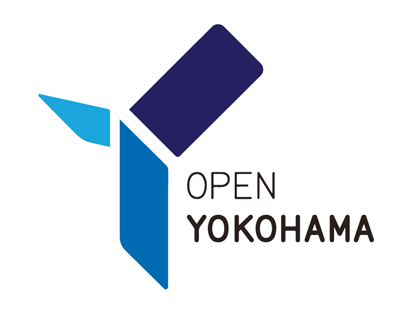

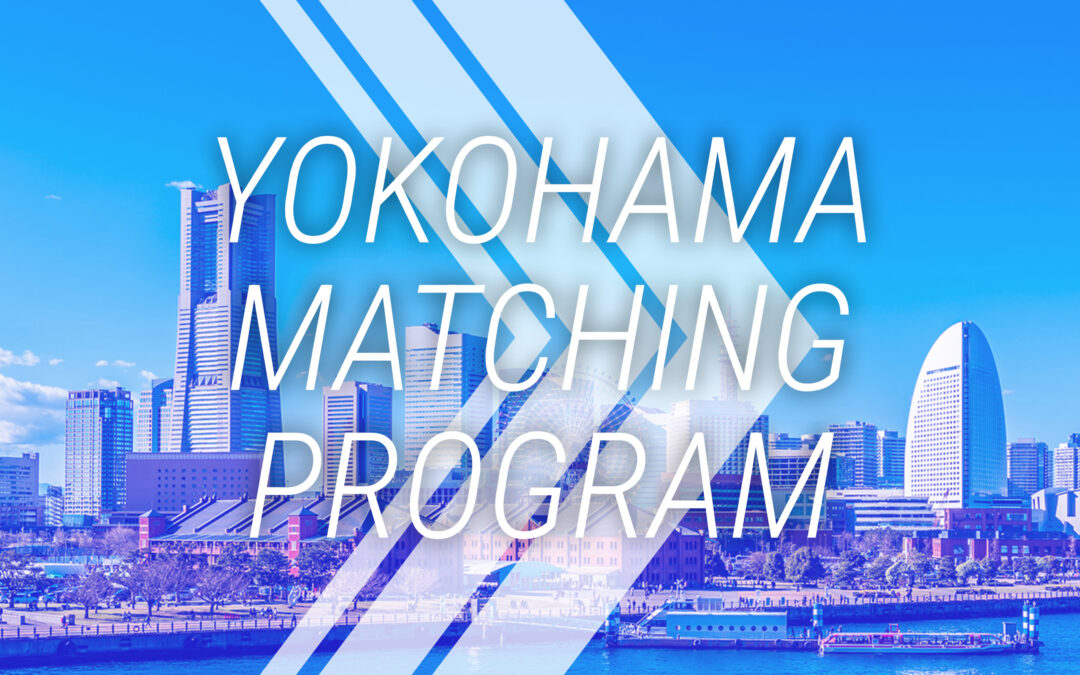
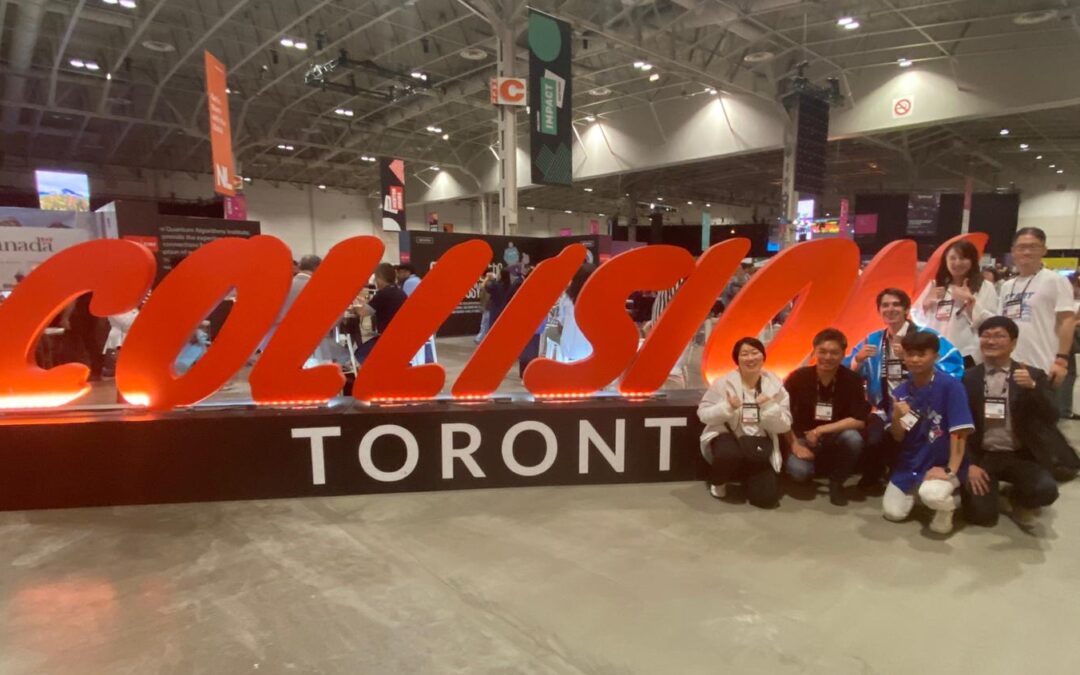
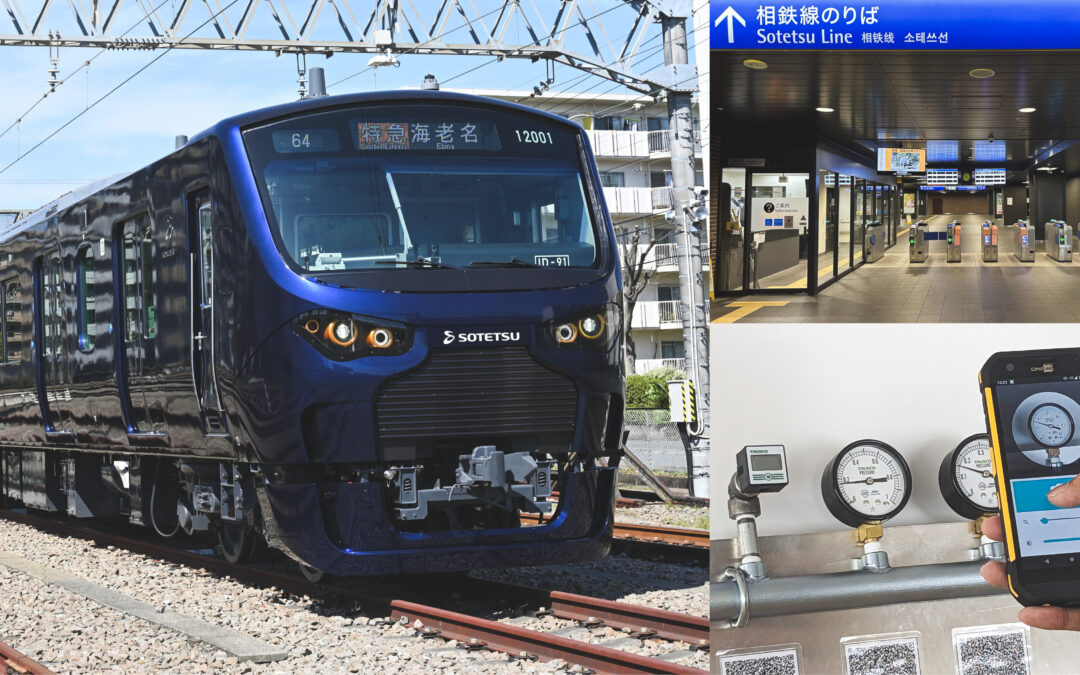
-1080x675.jpeg)
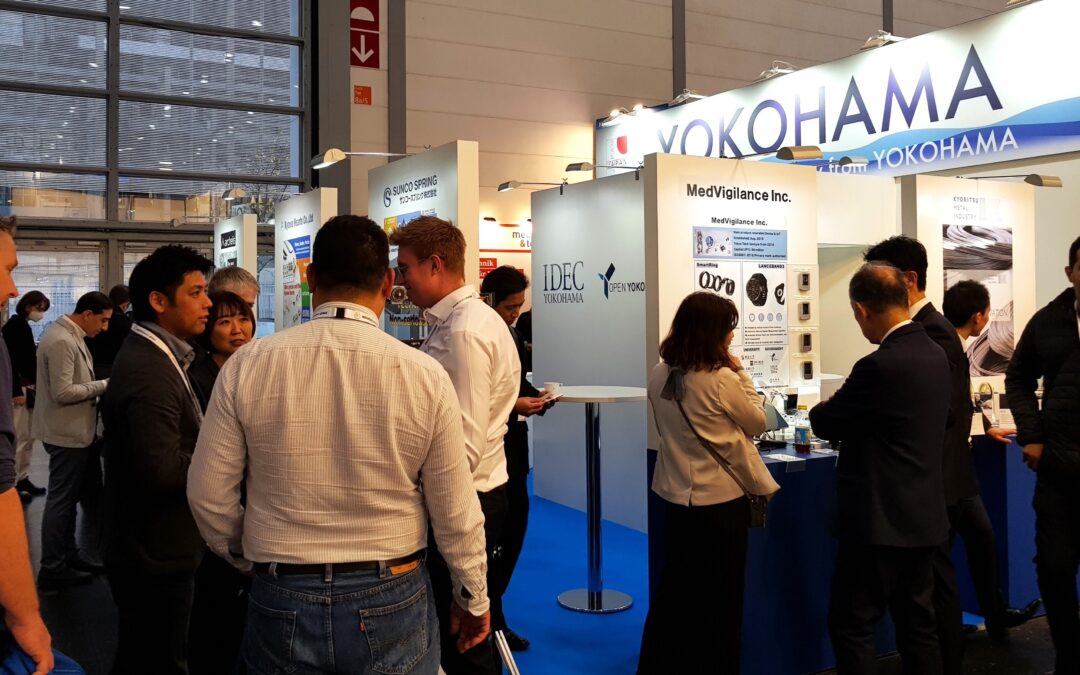
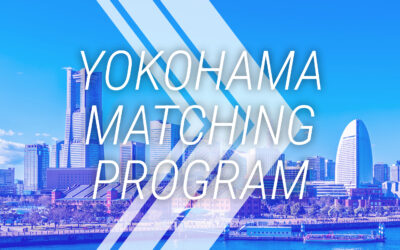
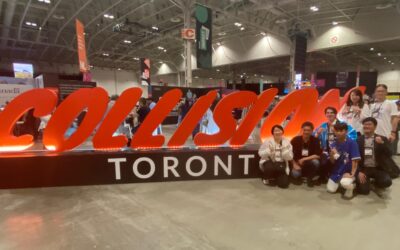
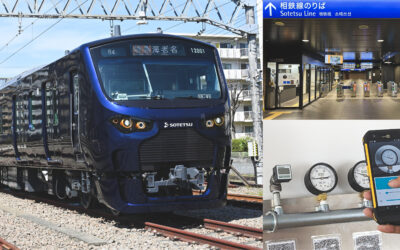
-400x250.jpeg)